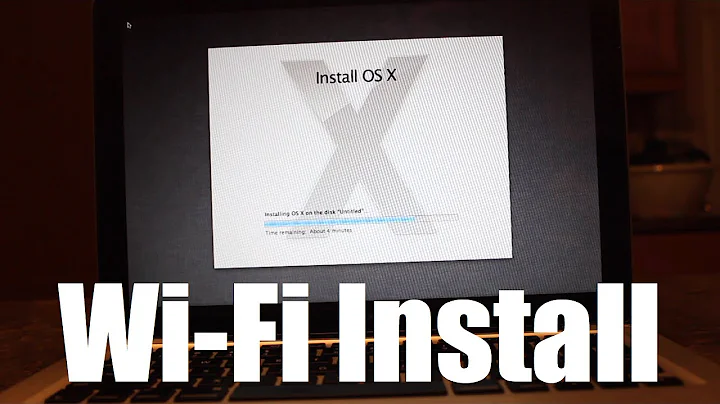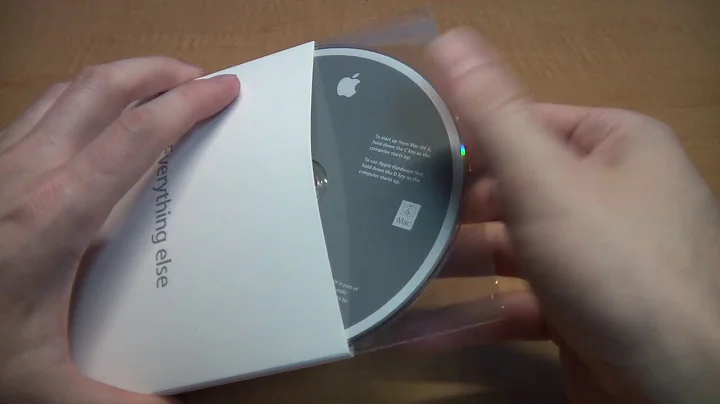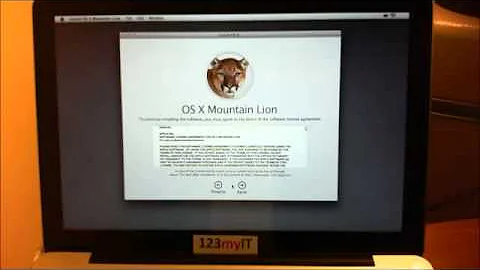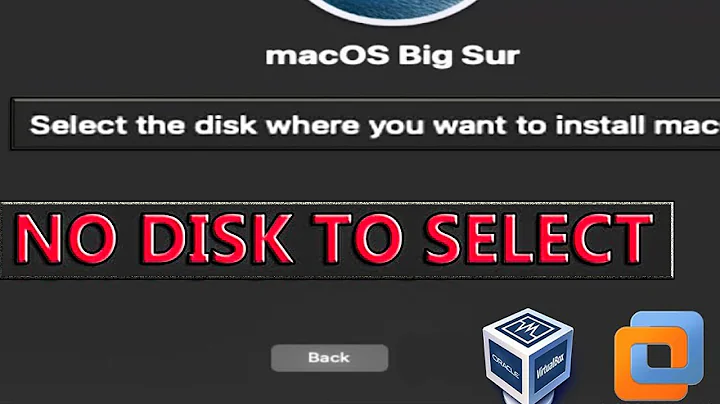Installing Mac OS X with a different disc
According to Using OS X Install CDs/DVDs On Multiple Macs in Apple's User Tips Library:
System software installation CDs/DVDs, that come with a particular Mac model, are hardware specific to that model, and not intended to be used on other Mac models.
The DVD for OS X 10.4.6 Tiger, as shipped with the first generation May 2006 Intel MacBook, is apparently build number 8L2025, and that's the only "hardware bundle" disc that can be used on those models, apart from retail upgrades.
See also Apple's What's a "computer-specific Mac OS X release"?, and a list of build numbers on The Apple Museum.
(I cannot find that build number on the disc itself. A label like 2Z691-5788-A on the above-mentioned May 2006 MacBook 10.4.6 disc seems to be some part number instead. Likewise, a 10.5 disc that came with a February 2008 Mac mini is labelled 2Z691-6150-A. On the same discs, AHT version 3A104 and AHT version 3A137 labels refer to the version of the Apple Hardware Test software.)
Related videos on Youtube
Mr_Chimp
Lead developer at Maya. Maker of websites. Drinker of coffee. Hostage to PHP. No warranty given or implied.
Updated on September 17, 2022Comments
-
Mr_Chimp over 1 year
I have a MacBook Pro that came with OS X 10.6. I have since lost the disc and need to reinstall the Mac OS X. I have another disc on it’s way from Apple but I could do with using my computer in the meantime.
A friend of mine has a slightly newer Macbook Pro, also with OS X 10.6. I have tried using his OS disc but I get the message:
Mac OS X can’t be installed on this computer.
Seeing as it's a MacBook I don’t think this message is entirely accurate! Is there a way around this?
Someone suggested that this may happen if the HDD was formatted incorrectly. I have formatted it as Mac OS Extended (Journaled) but this didn’t make any difference.
-
 Arjan over 13 yearsYour friend's computer is really newer, right? Not slightly older? See also Apple's Mac OS X versions (builds) included with Intel-based Macs.
Arjan over 13 yearsYour friend's computer is really newer, right? Not slightly older? See also Apple's Mac OS X versions (builds) included with Intel-based Macs. -
Mr_Chimp over 13 yearsAh, interesting link. It would appear that mine came with 10.6 whereas his comes with 10.6.3. I guess this means I can't use his disc...?
-
HikeMike over 13 yearsNewer versions usually include support for older versions, not the other way around. It should therefore work. Notifying @Arjan of your replies
-
 Arjan over 13 yearsI've read that Apple distinguishes between retail versions (basically upgrades) and discs that come with a machine, and somehow limits usage of the included discs to only work with its original hardware version. (Maybe even distinguishes between models like MacBook and Mac mini.) But I couldn't find a good reference.
Arjan over 13 yearsI've read that Apple distinguishes between retail versions (basically upgrades) and discs that come with a machine, and somehow limits usage of the included discs to only work with its original hardware version. (Maybe even distinguishes between models like MacBook and Mac mini.) But I couldn't find a good reference. -
Mr_Chimp over 13 yearsThey definitely differentiate between MacBook and Mac Mini etc. Not sure about between versions though. I can understand not being able to install 10.6 to a 10.5 machine - its a paid upgrade. Considering that if I installed 10.6 the first thing I'd do is upgrade to 10.6.3, it seems a bit silly that I can't use a 10.6 disc.
-
-
HikeMike over 13 yearsThe article you quoted first only refers to product types, e.g. iMac/Macbook, not the revisions though. And it's also more than six years old information, unfortunately. // Although the Apple article doesn't state it clearly, it's possible that the specific build for a newer machine of the same type has a common "ancestor" of the earlier machine's software, instead of being derived from it (and therefore supporting the earlier machine). This could explain the OP's problem.
-
Mr_Chimp over 13 yearsDaniel, I'm not sure I understand - shouldn't that mean I don't have a problem?
-
Mr_Chimp over 13 yearsDid you read the question? I don't have the disc that came with the computer. I have a replacement on its way. The question was can I use another disc in the meantime.
-
HikeMike over 13 years@Mr_Chimp Don't forget the @ when answering someone's comment, otherwise they don't get notified // You obviously have a problem, otherwise it'd work. I just wrote that, as I understand those articles, they don't provide enough information.
-
Mr_Chimp over 13 years@Daniel Beck - Yep, pretty sure I do have a problem! I just meant that your comment above seems to suggest that a disc from a newer macbook would work on an older one - I don't see how this would explain my problem...
-
 Arjan over 13 years@Mr_Chimp (and Daniel) I got to that (old) User Tips Library by following links on several Google results. Too bad I cannot find a more recent and more official statement. But I'm afraid the statement is right.
Arjan over 13 years@Mr_Chimp (and Daniel) I got to that (old) User Tips Library by following links on several Google results. Too bad I cannot find a more recent and more official statement. But I'm afraid the statement is right. -
 Arjan over 13 years...though, @Mr_Chimp, some claim that newer discs should indeed work: Re-install Mac OS X: “Mac OS X cannot be installed on this computer.”
Arjan over 13 years...though, @Mr_Chimp, some claim that newer discs should indeed work: Re-install Mac OS X: “Mac OS X cannot be installed on this computer.” -
 Arjan over 13 years@Mr_Chimp, please click the "Accept" tick again to remove it... I'm not even confident this is the true cause myself! Let's see who else might answer?
Arjan over 13 years@Mr_Chimp, please click the "Accept" tick again to remove it... I'm not even confident this is the true cause myself! Let's see who else might answer? -
Mr_Chimp over 13 yearsFrom what I've read, an "upgrade" disc actually includes the full installer, it's only an upgrade because you pay less for it if you own an earlier version.
-
 Harv over 13 yearsYes. You can. If you use a retail disk. Or the same one that came with your computer. Or the same one that came with someone else's computer, if it's the same model as yours. Did you read my answer? :-P
Harv over 13 yearsYes. You can. If you use a retail disk. Or the same one that came with your computer. Or the same one that came with someone else's computer, if it's the same model as yours. Did you read my answer? :-P -
 Harv over 13 years@Arjan - an erase/install does work. I do it all the time. Though I will typically do a manual backup/restore of data .
Harv over 13 years@Arjan - an erase/install does work. I do it all the time. Though I will typically do a manual backup/restore of data .




